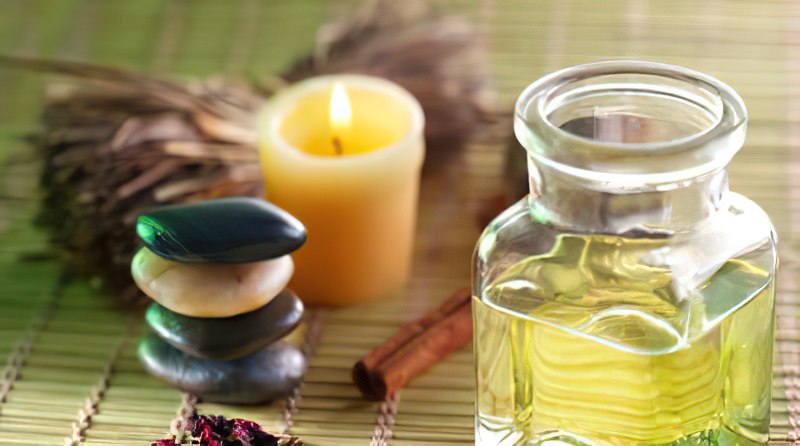A Brief History of Chinese Medicine
What is Chinese Medicine?
The term “Chinese Medicine” makes reference to a number of practices, especially acupuncture and herbal formulas and their theoretical basis that has developed in China during a period of about 2500 years.
A theory of nature and of health and disease was set forth in the concepts of two essential forces: Yin and Yang, the Three Essences, Five Elements, Eight Principles of Therapy and the Fourteen Meridians. These concepts continued to evolve over the centuries.
Today, Chinese Medicine represents a combination of ideas and methods from earlier times coupled with the findings from modern research methods. Chinese Medicine is a major healthcare method in The Peoples’ Republic of China, Taiwan, Hong Kong, Japan, Singapore, Vietnam, Thailand and Indonesia.
Approximately 80% of the Chinese population uses Herbs daily for their health. Its success there has led the way for it to be adopted, in a much smaller measure thus far, in the United States, Canada and Europe.

The First Pharmacologist of the World
In the beginning, there was Shen Nung, born over 5400 years ago. Known as the father of agriculture, and one may say civilization itself, he supposedly wrote the great herbal, “Shen Nung Pan Tsao.”
He taught people how to raise crops and rear domestic animals as well as how to identify various therapeutic herbs. He was not only the forefather of Chinese Medicine but also the first known pharmacologist of the world.
Shen Nung identified the therapeutic value of herbs in a time prior to written Chinese history. His achievements were handed down verbally through generations and he was recognized publicly as the discoverer of drugs.
Eight hundred years later, as the legend holds, in 2698 B.C., China’s first Emperor appeared, and to him is ascribed the most important source in Chinese Medicine, “The Yellow Emperor’s Classic of Internal Medicine.”
If one follows the development of Chinese medicine, one sees China’s medicine to be inseparable from the spirit that created her other great arts, a spirit which may perhaps be described as the passion to comprehend harmony and wholeness.
Chinese Medicine Today
There are three strong pieces of evidence that Chinese Herbal Medicine is a viable means of treatment:
1. Modern pharmaceutical drugs have been produced, tested and put into use during this past century, following long use as crude herbs in China.
2. Pharmacological testing – giving herb extracts to laboratory animals or applying them to cell cultures, has been carried out on hundreds of Chinese Herbs during the last forty years. It has been demonstrated that most of the herbs have significant physiological activity and very often this activity correlates well with the traditional use of the herb.
3. Clinical studies, utilizing single herbs, or more often complex formulas, have been carried out by large scale hospital trials involving hundreds of patients. The results of the studies clearly indicate that diseases that fail to respond satisfactorily to modern pharmaceutical treatments often do respond remarkably to herbal therapy.







































